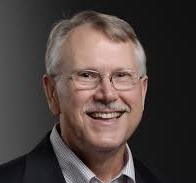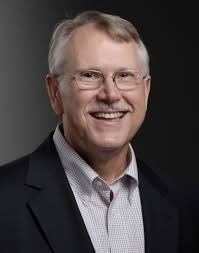The passion that moved me into religious education – The words “church,” “education” and “public” are at the heart of Christian religious education. These words came together for me into a vocation in the midst of seminary and graduate school, yet were born much earlier.
First, an evangelical Methodist “church” was a formative in my childhood. To use the concepts of our field: being raised in an active church family was profoundly socializing. My parents’ friends and mine were drawn from that church, as were some of my school teachers. We were at church throughout the week for worship, prayer, study, and service. Even with a split from my home church over issues of belief in the mid-1960s, the search for meaningful faith had been embedded.
Second, “education” was a vision put before me early. Having grown up in a working-class family, school was defined as the major way of making a difference in the world. My grandmother even started saving for my college when I was born.
Third, commitments to the “public” were shaped by the struggle for racial justice and the anti-war movement of the 1960s. Seeing open, committed, and liberal religious leaders at protest and education events was profoundly formative. They called us to make a difference.
The decision to attend seminary grew out of these experiences. At seminary, the critical, open study of the Bible and theology was liberating as well as was participation in actions for social justice. Finally, when a local congregation, hungry for education and service, invited me to join its staff, church, education, and public were integrated.
Major intellectual influences – Amazingly the study of the past was the primary influence. Commanding my attention was the question: How do a people continue to build a community and live together? In college and seminary study in history and historical theology, I learned of the struggle of peoples to pass on a paideia (commitments, story, practices) into the future. I learned how “traditioning” had to be open and responsive to new cultural realities. Furthermore, teachers of history pointed to the ways that interpretation and social location affected our understandings. Thus, intellectually, church, education, and public came together. These commitments thrived as I completed a PhD in the history of education, exploring the work of Lawrence Cremin and Robert Lynn in particular as well as discovering a network of colleagues in REA and APPRE.
Has the passion shifted? – Honestly, no. How faith affects public life is still the question. Yet, further expanding this passion has been interfaith and global work as is the continuing U.S. struggle with racism and inclusion. I am convinced to address faith in public life requires a diverse interfaith coalition for dialogue and action. This is what REA could be and for what I will continue to work. Finally, truthfully, I worry whether our work in religious education has made much of a difference. I struggle with how we empower faith communities to engage in open, critical, inclusive, and socially formative action? I see so little of it. I am embarrassed by the ways many Christians act in public. Yet, I continue to hope we can find ways to empower faith communities. I believe, that hoping and working is what faith requires of us.

